Chemical Blog Posts
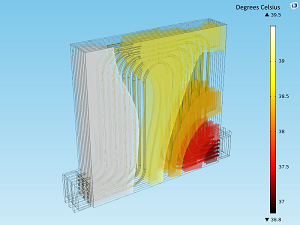
Why Car Batteries Perform Poorly in Cold Weather
Have you ever gone to start your car on a cold winter morning and nothing happens? The battery’s ability to convert chemical energy into electrical energy can be affected by low temperatures.

Modeling Approaches in Heterogeneous Catalysis
Get an introduction to heterogeneous catalysis, the main steps for chemical species in heterogeneous catalytic reactions, adsorption-desorption models, surface reactions, and much more…
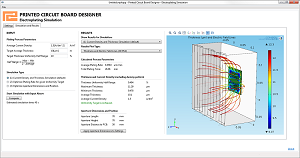
Electroplating Simulations for Printed Circuit Board Designers
The manufacture of a printed circuit board (PCB) often involves a process called electroplating, which can vary from design to design. A simulation app can make it easy to analyze this process.
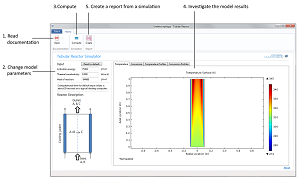
Apps for Teaching Mathematical Modeling of Tubular Reactors
Chemical engineering students can use the Tubular Reactor app to model a nonideal tubular reactor and investigate the impact of different operating conditions. Learn more >>
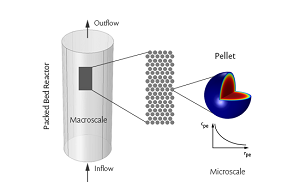
Multiscale Reactors: Cleaning the Flows
Packed bed reactors are used in chemical synthesis and for effluent treatment and catalytic combustion, are often required for heterogeneous catalysis, and commonly include catalyst pellets.

Modeling Hydrodealkylation in a Membrane Reactor
Hydrodealkylation is a hydrogen-intensive process. We demonstrate using the thermodynamics modeling features in the COMSOL® software to analyze this process in a membrane reactor.
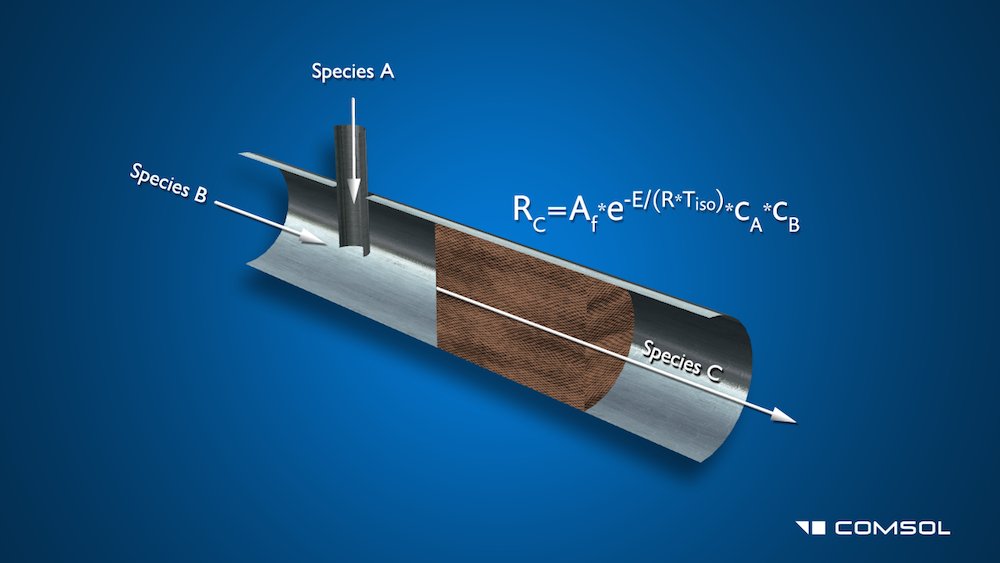
Modeling Reacting Flow in Porous Media
This blog post and embedded tutorial video demonstrate what inputs are required and what results you can obtain when modeling a porous reactor in COMSOL Multiphysics®.
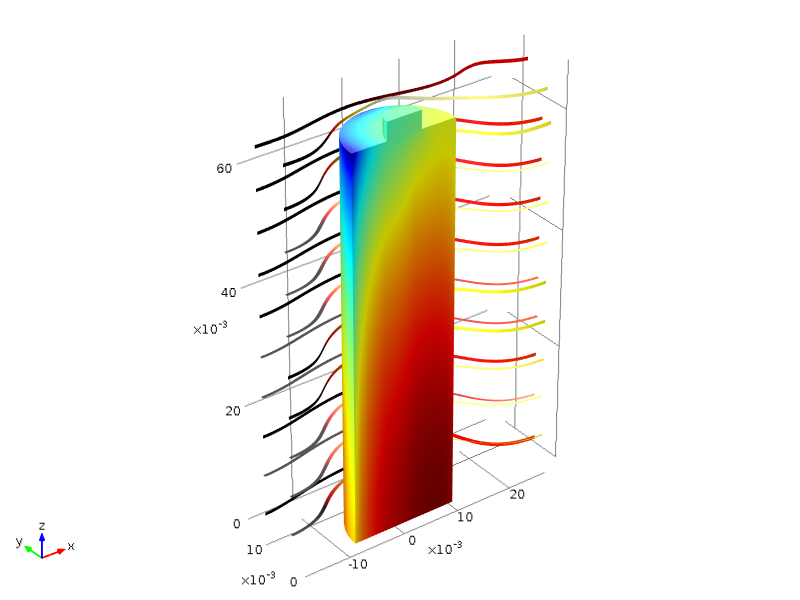
Accounting for Heat in the Design of Lithium-Ion Batteries
Heat transfer is an important phenomenon to consider when designing a lithium-ion battery. See how multiphysics simulation can help ensure a safe and efficient Li-ion battery design.
